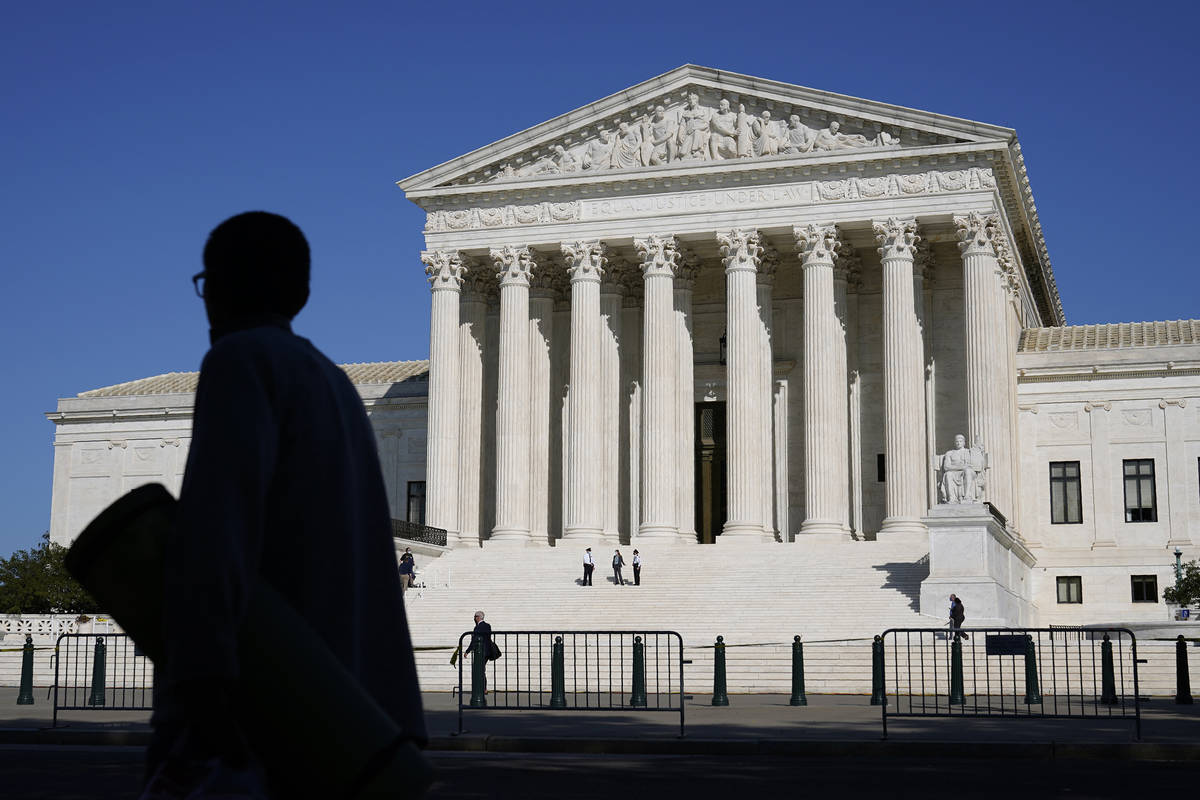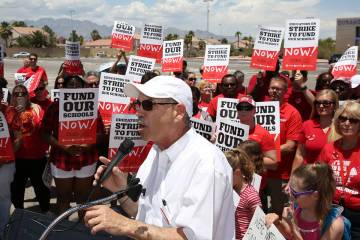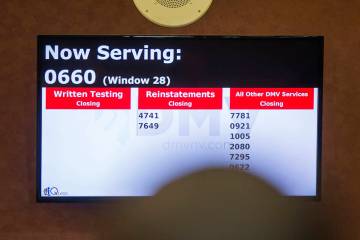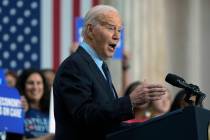EDITORIAL: The Supreme Court ends its term on a high note
The U.S. Supreme Court is on hiatus until the first Monday of October, but not before ending its term by bolstering the Bill of Rights and signaling it’s willing to rein in bureaucratic excess.
On Tuesday, the justices declined to hear an emergency appeal on the pandemic eviction moratorium issued by the Centers for Disease Control and Prevention. Tenant activists hailed the decision as a victory, but that’s a stretch. A federal judge in May held that the agency exceeded its authority in banning evictions, but he stayed the order on appeal. The high court’s inaction means the ruling remains on hold.
The moratorium, which the CDC recently inexplicably extended for a fourth time, is now set to expire at the end of July. Had that not been the case, the court very likely would have agreed to grant the relief sought by landlords. Four justices favored lifting the moratorium and a fifth, Justice Brett Kavanaugh, wrote that the CDC’s eviction ban was illegal. But Justice Kavanaugh voted with the majority against vacating the ban because it is due to run out in a matter of weeks.
The CDC argued it had the authority to stop evictions during the pandemic under a federal law that grants the agency the power to “prevent the introduction, transmission or spread of communicable diseases.” Under the agency’s broad statutory interpretation, however, the CDC could take virtually any action to stem the spread of the flu or common cold. Such a massive transfer of power from elected members of Congress to unelected bureaucrats should raise constitutional concerns — precisely as at least five justices clearly implied.
Two days later, the court ended its term on a high note, ruling that California violated the First Amendment when it sought to force charities to disclose donor lists. Anonymous speech has a long and proud history in this country — The Federalist Papers, for instance. The Golden State’s law, passed under the guise of fighting fraud, was in truth an effort to use disclosure laws as a tool to intimidate donors to non-progressive causes, and it represented a clear threat to political speech and free association.
It’s worth noting that even some liberal groups — including the ACLU and the NAACP — urged the justices to strike down the law. The NAACP had endured the practical consequences of disclosure requirements in the 1950s and 1960s when Southern states used such statutes as cover to “out” the group’s financial benefactors, who then faced harassment.
Americans should enjoy the right to donate to private organizations that they support without the government demanding the information, which could then be used against them. The First Amendment is stronger thanks to this ruling.






















